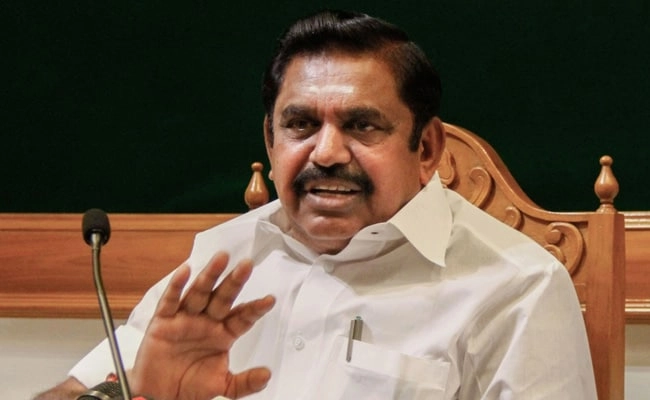In a concerning escalation of tensions, reports have emerged indicating that Pakistan has violated the ceasefire along the Line of Control (LoC) for the fourth consecutive night. This situation has raised alarms among both military officials and civilian populations in the region, as the ceasefire agreement was intended to foster peace and stability in an area historically plagued by conflict. The repeated violations signal a potential deterioration of relations between India and Pakistan, which have long been marked by hostility and military confrontations.
The violations have reportedly involved shelling and firing across the LoC, impacting various sectors and prompting responses from Indian security forces. The situation has not only endangered the lives of military personnel but has also put civilians residing near the border in jeopardy. Many families have been forced to evacuate their homes due to the escalating violence, leading to significant humanitarian concerns. The international community has been closely monitoring the situation, urging both nations to adhere to the ceasefire and engage in dialogue to resolve their differences peacefully.
Observers note that the persistence of these violations may undermine previous efforts aimed at reducing tensions and establishing a more stable and peaceful environment in the region. The ceasefire agreement, which was first implemented in 2003, had provided a glimmer of hope for improved relations and the potential for diplomatic negotiations. However, the recent actions by Pakistan threaten to unravel these efforts, potentially leading to renewed military confrontations and further destabilization of the region.
As the situation unfolds, it is crucial for both governments to exercise restraint and prioritize dialogue over military action. The need for a comprehensive and sustained peace process is more pressing than ever, as continued hostilities may lead to dire consequences not only for the two nations involved but also for regional security as a whole. The international community must also play a proactive role in facilitating discussions and ensuring that both parties remain committed to finding a peaceful resolution to their longstanding differences.




